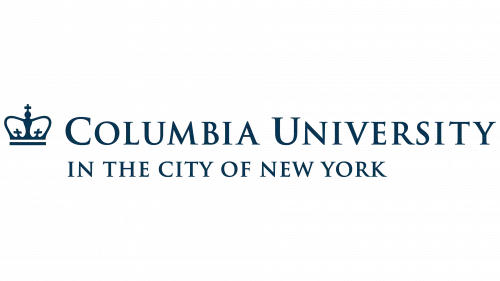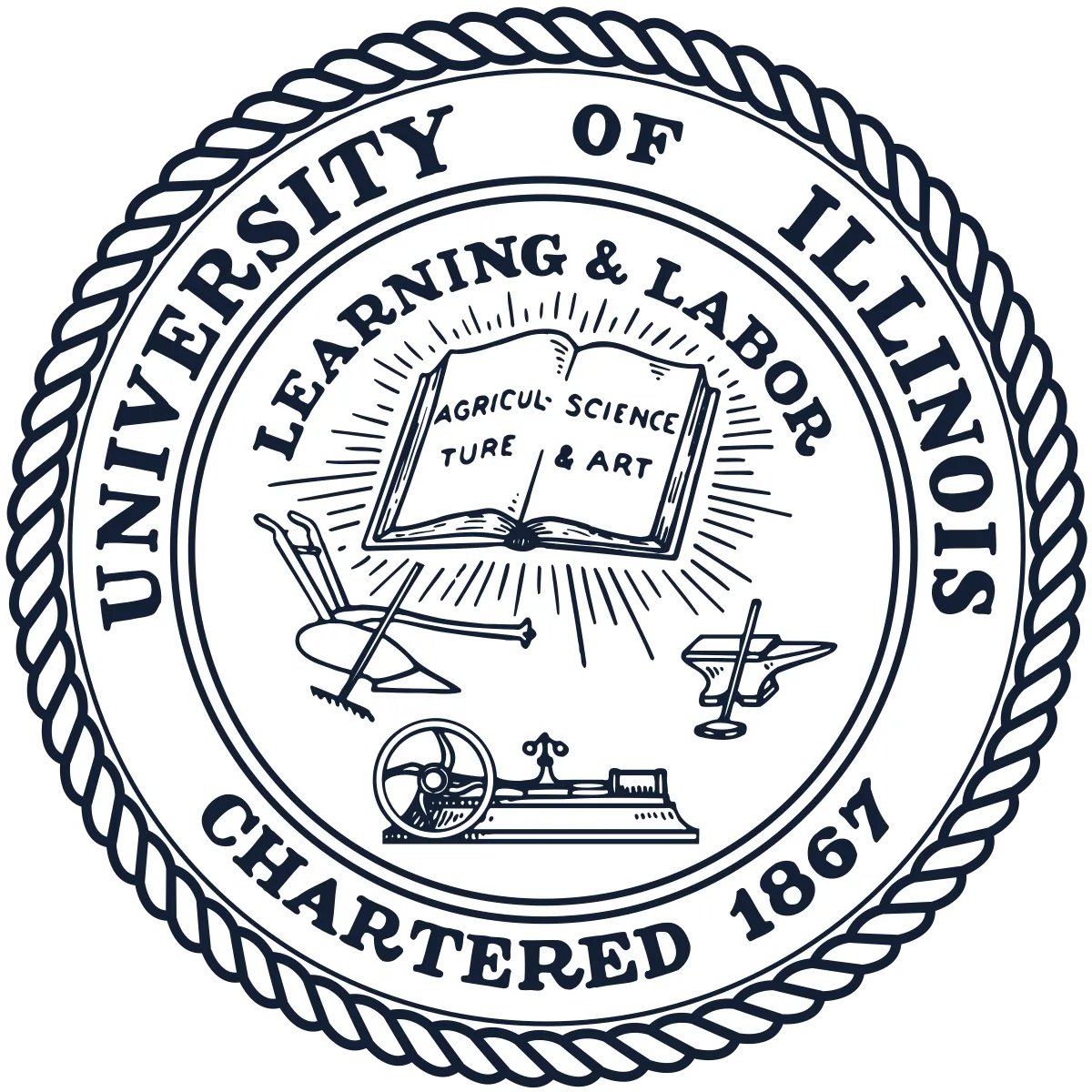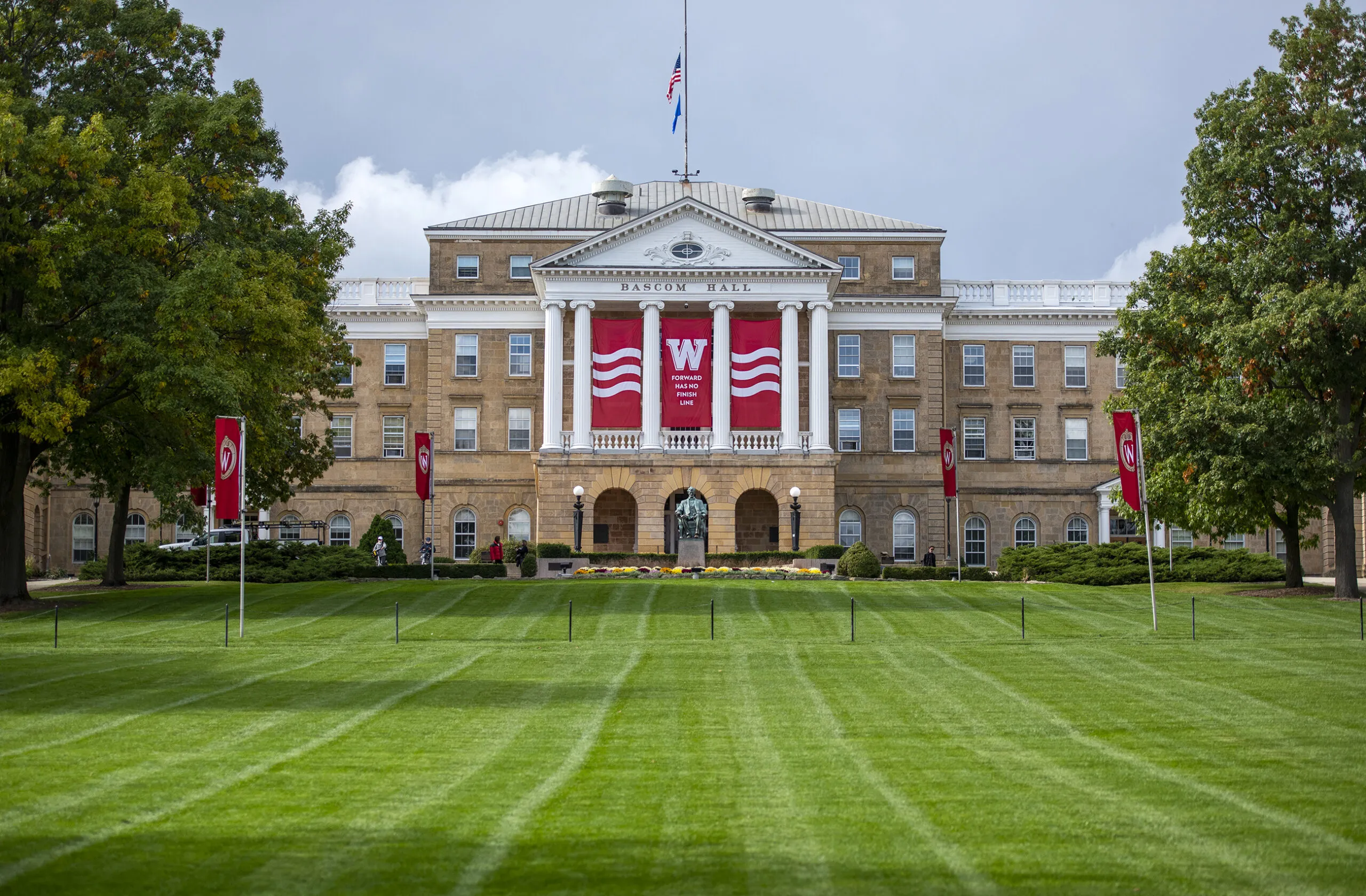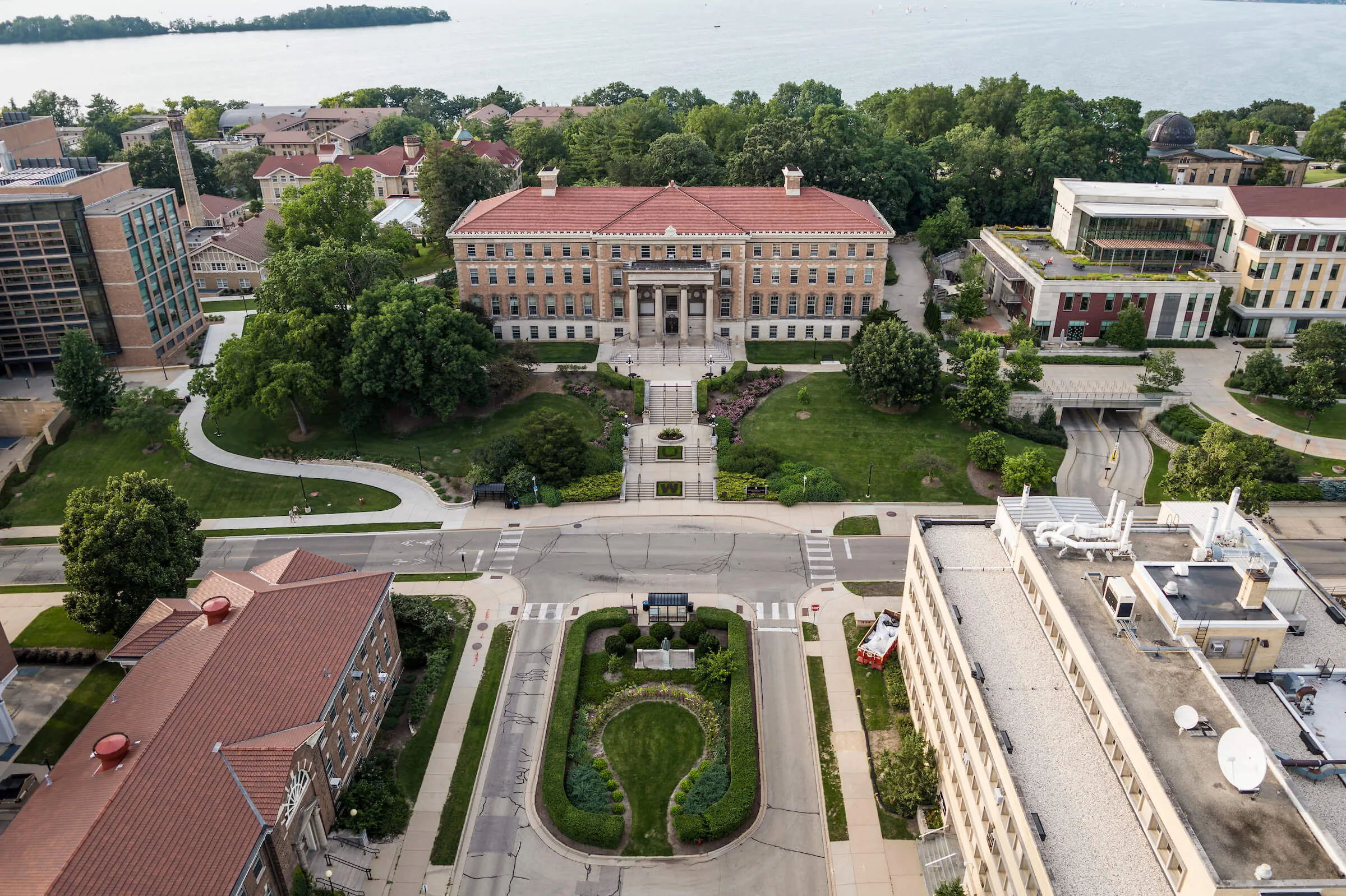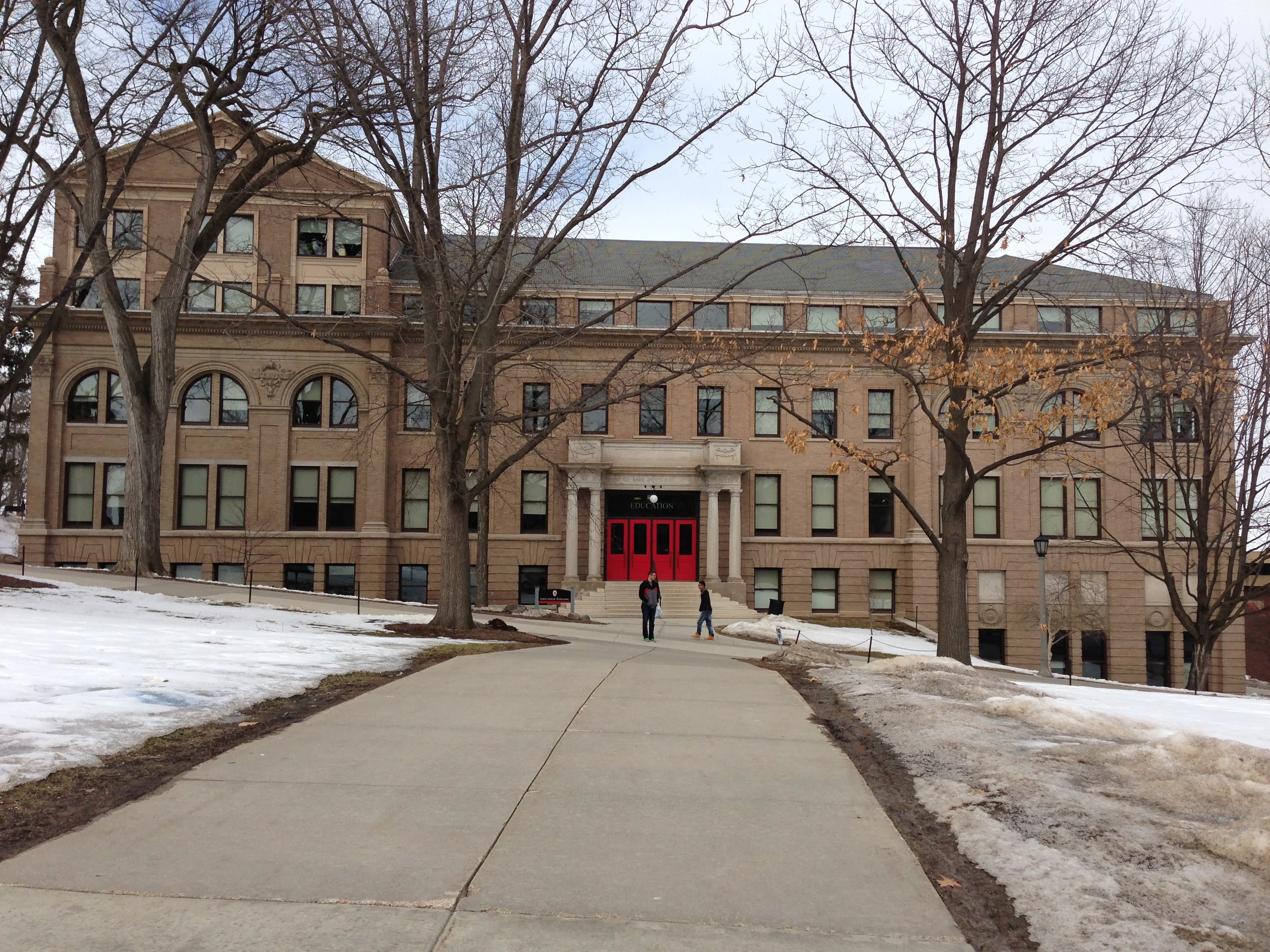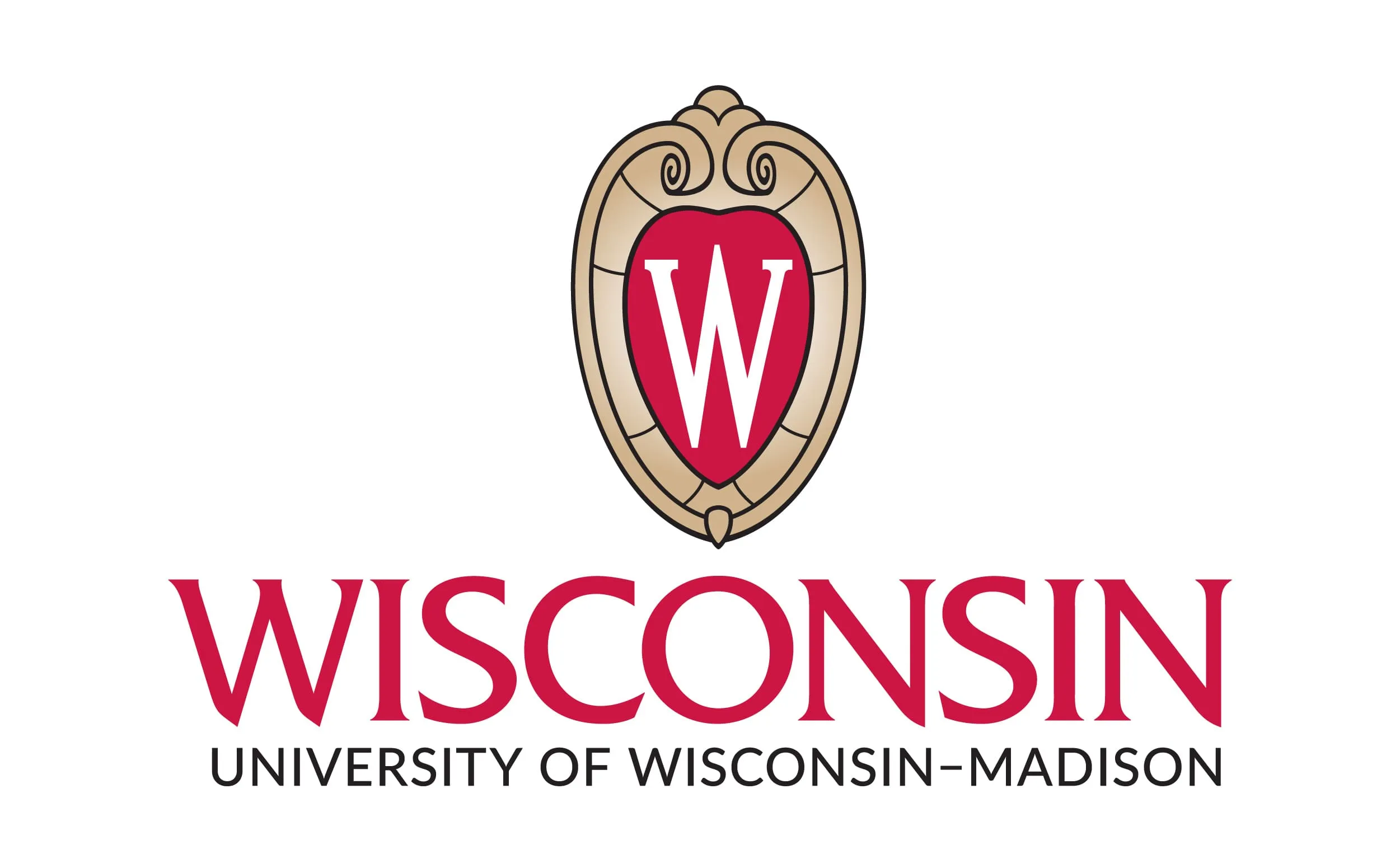
PhD in Astronomy
University of Wisconsin-Madison (United States) · University of Wisconsin-Madison 500 Lincoln Dr, Madison, WI 53706, United States
About

#116
QS

#39
USNews
The University of Wisconsin–Madison is a public land-grant research university in Madison, Wisconsin. Founded when Wisconsin achieved statehood in 1848, UW–Madison is the official state university of Wisconsin and the flagship campus of the University of Wisconsin System. It was the first public university established in Wisconsin and remains the oldest and largest public university in the state. It became a land-grant institution in 1866. The 933-acre (378 ha) main campus, located on the shores of Lake Mendota, includes four National Historic Landmarks. The university also owns and operates a National Historic Landmark 1,200-acre (486 ha) arboretum established in 1932, located 4 miles (6.4 km) south of the main campus.
UW–Madison is organized into 20 schools and colleges, which enrolled 30,361 undergraduate and 14,052 graduate students in 2018. Its academic programs include 136 undergraduate majors, 148 master's degree programs, and 120 doctoral programs. A major contributor to Wisconsin's economy, the university is the largest employer in the state, with over 21,600 faculty and staff.
Program Details:
Program WebsiteBasic Info
Institute
College of Letters & Science
Degree
PhD
Duration
5-6 years
STEM Designated
Yes
Program
Astronomy
Expense
Living Expenses
USD 20000
Tuition Fee (Domestic)
USD 12300
Tuition Fee (International)
USD 25700
Eligibility
Minimum/ Avg Score
TOEFL
92
IELTS
7
Duolingo
125
Ready to apply? Secure your spot at your dream university with our expert help!
Deadlines:
Deadline WebsiteIntake Deadline 1
Stay on track with your applications. Login Now to Unlock all program related information.
Document Required:
Stay on track with your applications. Login Now to Unlock all program related information.

